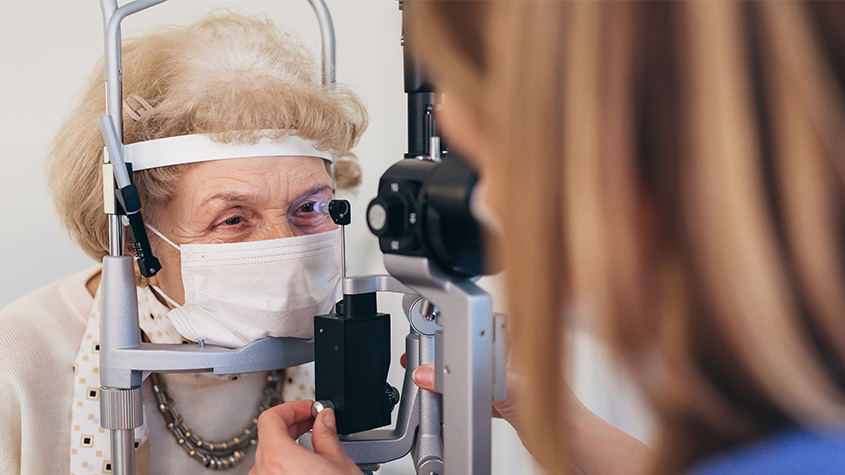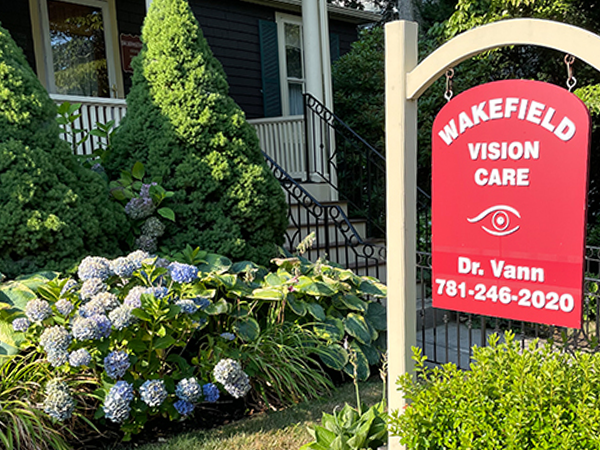Annual Eye Exam: A Gateway to Health Beyond Vision
An annual eye exam is not only essential for maintaining optimal eye health but also serves as a crucial screening tool for detecting a variety of systemic health conditions.

Here’s why getting an annual eye exam is vital:
Screening for Systemic Diseases
The eyes are unique windows into the body’s health. Eye exams can reveal signs of:
- Diabetes: Diabetic retinopathy can be an early indicator of diabetes or its progression.
- Hypertension: Changes in blood vessels at the back of the eye can signal high blood pressure.
- Autoimmune Diseases: Conditions like rheumatoid arthritis or lupus can manifest in the eyes.
- Cancers: Certain cancers can affect the eye or its surrounding structures.
- Neurological Disorders: Signs of multiple sclerosis, strokes, or brain tumors might be detected through an eye exam.
Early Detection of Eye Diseases
Conditions like glaucoma, cataracts, macular degeneration, and diabetic retinopathy can be identified early when they are most treatable. Early intervention can prevent vision loss or slow disease progression.
Vision Health Maintenance
Regular eye exams can detect changes in vision, such as nearsightedness, farsightedness, or astigmatism, allowing for timely correction with glasses, contact lenses, or other treatments.
Comprehensive Health Review
Eye doctors often perform comprehensive checks that include not only vision testing but also examination of the eye's internal structures. This thorough approach can alert to health issues that might not yet have symptomatic manifestations elsewhere in the body.
Educational Opportunity
Annual visits provide a platform for patients to learn about eye care, UV protection, nutritional advice for eye health, and the importance of lifestyle choices in preventing eye diseases.
In summary, an annual eye exam transcends mere vision correction; it's a strategic health check that can lead to the early detection and management of numerous systemic conditions. This makes it an indispensable part of routine health care, offering a proactive approach to maintaining not just eye health but overall well-being.




